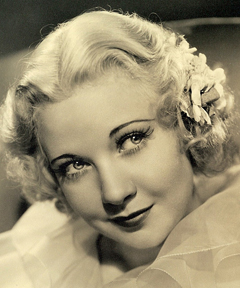It’s that time of year again, folks.
Longtime readers will recall that the sharing of the B.C. Clark anniversary sale jingle is something of a holiday tradition here at Cladrite Radio. 2013 marks the fifth year we’ve shared it with you.
 Anyone who grew (or is currently growing) up in the Oklahoma City area knows that it’s just not the Christmas season until you’ve heard the B. C. Clark Christmas jingle on television or the radio at least once.
Anyone who grew (or is currently growing) up in the Oklahoma City area knows that it’s just not the Christmas season until you’ve heard the B. C. Clark Christmas jingle on television or the radio at least once.
Below are two versions of the jingle—the original, which is admittedly of lower audio quality, and a later version—the one currently heard on radio and TV in the Oklahoma City area—which arguably sounds a bit better, but drops one line late in the song (“The Christmas wish of B. C. Clark is to keep on pleasing you…”), because 30-second commercials had became the norm on local television.
B. C. Clark, for the non-Okies among you, is a jewelry retailer that’s been in operation in the Sooner State since 1892, and since 1956 (just one year outside Cladrite Radio’s purview, but we’re stretching a point for the holidays), they’ve been running the aforementioned jingle advertising their annual sale, which takes place not after Christmas, like most stores (or so the jingle’s lyrics insist), but just before.
So for 56 years, denizens of central Oklahoma have been humming along to this catchy ditty, and it’s now our pleasure to share this holiday highlight with folks from other parts of the country (and around the world).
Ms. Cladrite, who grew up in New Jersey, had the darned thing memorized after just three or four Christmas seasons’ exposure to this seasonal delight and can sing along whenever it’s played or performed.
It’s just that catchy a tune.
But be forewarned — listen more than two or three times, and you’ll be hooked, no matter how far away you live from the nearest B.C. Clark location. And soon, as with the millions of Okies who have come to associate this venerable jingle with the Christmas season, you’ll come to feel that it just isn’t the holidays until you’ve heard the jingle once or twice (or a dozen times).



